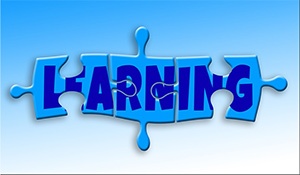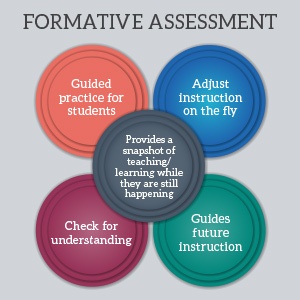Mastery learning is one of those buzzword phrases in education that pedagogists often toss about in an effort to define and refine good teaching practices. The term goes back to a true icon in the field of education, Benjamin S. Bloom, who suggested that all students can learn and achieve at high levels; they might just require different strategies and time in order to achieve mastery1.
Mastery is generally defined as “command or grasp of something”2. In an educational sense, mastery learning is achieved by an intentional strategy in which teachers decide on specific learning goals, make formative assessments to determine where teaching and learning needs to occur, provide directed instruction, and continue formative assessments and correctives until all students have achieved a preset level of mastery for the learning goals1. The concept of learning mastery is simple and nearly any educator would agree is desirable. The rub comes in the implementation. Mastery learning is hard work. Fortunately, today’s Internet resources provide a plethora of resources to help make the goal more attainable.







